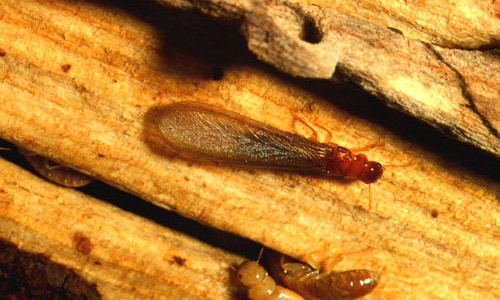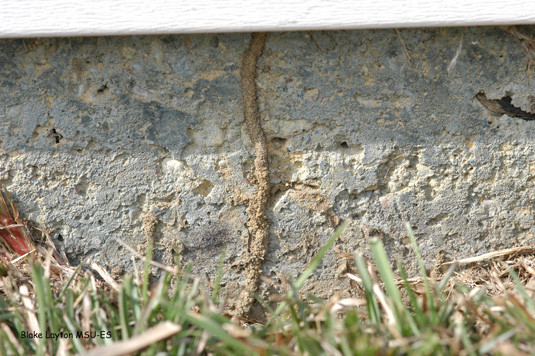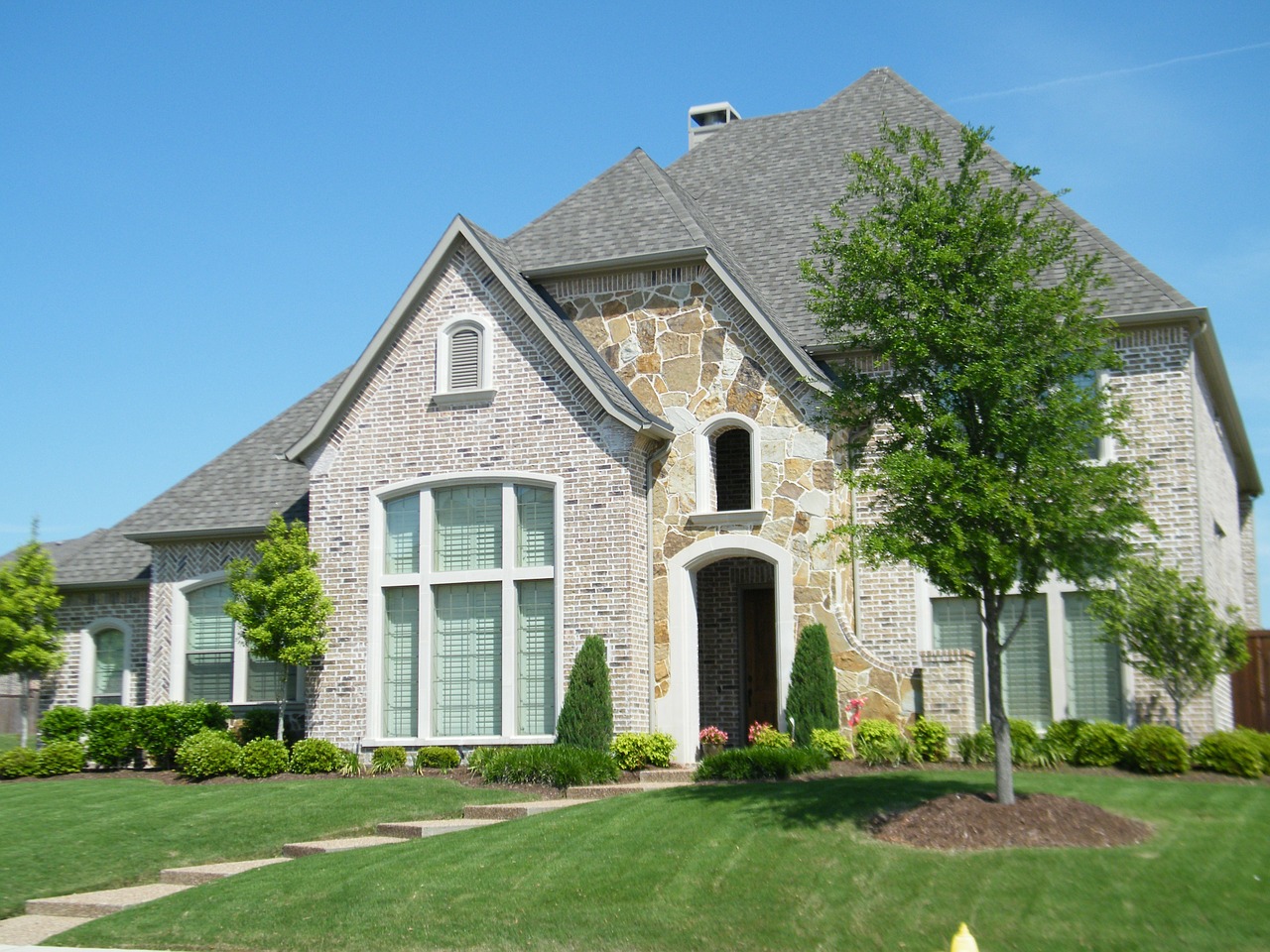Termites are bad news — whether the infested property is your own, or you are renting it from a landlord. If you own the property, it’s slightly less complicated because you have sole responsibility. But what if you rent your home? Here is everything you need to know about termites in rental properties.
What to do when you find termites in rental properties
Termites are some of the most destructive pests you can have at home. They cause billions in structural damage and repair every year. You should act immediately if you find termites in your rental property.
- Inform the property owner. The very first thing you should do is inform the owner of the infested home. They deserve to know the condition of their property. They also have the responsibility to make the property habitable for tenants, and they won’t be able to fulfill that responsibility if you don’t inform them of the infestation.
- Call a pest control professional. There are pest infestations that you can probably eliminate yourself with commercial pesticides and DIY methods. But termites are complicated. There are different kinds of termites, with different habits and nesting spots. They may also be hard to reach because their colonies are complicated and deep. If you don’t know what you are doing, your pesticide or DIY solution may not even reach the pests. It’s better to let pest control professionals handle the problem.
- Renegotiate terms. Landlords are required to make their rental properties habitable, and that means there should be no damaging pests like termites. If there are termites in their rental properties, they may even be required to pay for the pest control professionals that will handle the problem. You may have grounds to renegotiate payments. You can break the lease or withhold rent until the problem is fixed. Proper communication with your landlord is key.

Why you should be concerned about termites in the first place
Termites are harmful to both humans and structures. That is the only reason you really need to be cautious of these pests.
- Termites cause serious structural damage. Termites chew through wood. With enough termites and time, they can make a structure collapse. It doesn’t help that many termites prefer nesting near foundations too, making properties more vulnerable to collapse. However, a collapse may take some time. You will probably see the termite problem before the termites cause enough damage to completely destroy a property.
- Termites bite and trigger allergies and asthma attacks. A structure collapse can harm you. But the threat of termites to humans doesn’t end there. Termites bite humans too, and they can burn and cause red bumps on the affected areas. Luckily, termite bites are not known to spread diseases. Termites can also trigger conditions like allergies and asthma attacks. This is primarily because of how they aid the development of mold and other allergens on the infested property.
- Pesticides are harmful to humans too. Preventing termites is always better than dealing with termites. One problem with dealing with termites is that termiticides can be harmful to humans too. Yes, termiticides are specifically designed to get rid of termites. But it’s not surprising that solutions meant to harm others can be toxic to humans too. Exposure to these chemicals and gases can cause diarrhea, difficulty in breathing and other respiratory problems, headache, skin irritation, and other conditions.

How to prevent termites in rental properties
You can argue that you can always just call pest control professionals to get rid of termites. And surely, they know what they are doing and they won’t put you at risk of the dangers of termiticides. But that’s not always the case. There are many recorded incidents of death after undergoing termite treatments. It’s still best to prevent termites altogether.
- Have a regular termite inspection. Landlords should be responsible for the general maintenance of the property. Maintenance doesn’t just include repairs. It also includes pest control and prevention. If you think they are not doing enough for the property, convince them to have a regular termite inspection. This can save them time and money overall. They can pay a small fee for such a thing instead of a big fee for eliminating termite infestations. Regular inspections can contain the spread of termites or prevent getting termites completely.
- Avoid moisture. As a tenant, you also have some level of responsibility for the property. One thing you can do to prevent termites is to minimize moisture because these pests thrive in moist environments. Fix drainage issues that may make certain areas of the property damp or moist. Control humidity and moisture with humidifiers. If you want to go the extra mile, install vapor barriers in crawl spaces, roofs, and other areas often exposed to the elements.
- Always be on the lookout for the warning signs. Sometimes, no matter how proactive you are in preventing pests, some pests just find a way to thrive on your property. This is why you should always be on the lookout for the warning signs of a termite infestation. The strongest signs are obviously live termites and termite droppings. But don’t disregard the more subtle signs, such as awkward-fitting doors and windows, hollow wood, and mud tubes. If you see mud tubes, don’t attempt to remove them yourself. They lead to termite colonies, and without them, pest control professionals may have a harder time dealing with the infestation.
Landlords and tenants should both be proactive
Both landlords and tenants are responsible for rental properties. Landlords should make sure that the property they are renting out is habitable, even if it means paying for regular pest inspections. You can even say that regular inspections are less costly than getting rid of pest infestations.
Tenants should be responsible too. They should do everything in their power to prevent pest infestations. Sure, landlords may be the ones required to pay for pest control professionals. But that’s not always the case. For instance, if it has been proven that it is the tenant’s negligence that has given rise to the pests, the tenant may be the one to shoulder the expenses.

